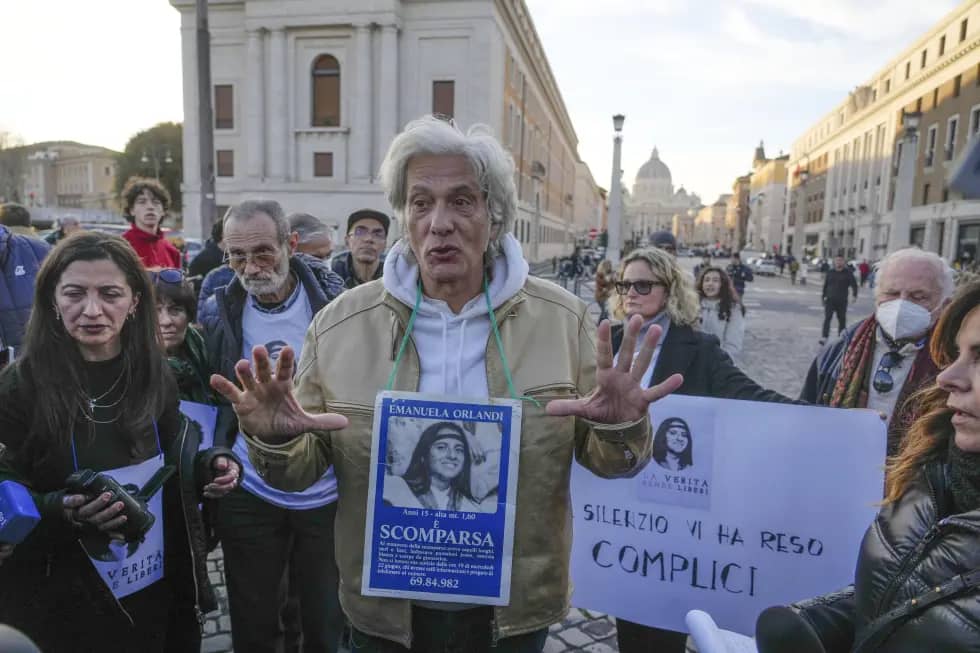Three years ago, amid arguably the worst child sexual abuse scandal to rock the Catholic Church anywhere in the world, Prime Minister Enda Kenny of Ireland scored significant political points by delivering a speech strongly critical of the Vatican on the floor of his country’s parliament.
Kenny denounced what he called the “dysfunction, disconnection, elitism — the narcissism — that dominate the culture of the Vatican to this day.” In the wake of a government inquiry that exposed systematic abuse of children in Church-run institutions, along with the cover-up of that abuse by Church officials, the speech drew wide applause.
One problem with politicians, however, is the tendency to think that if a little of something is good, then a lot of it must be great. In that spirit, Kenny went on to decide that Ireland would close its embassy to the Vatican, bundling it with a couple of other closures in order to provide political cover.
The decision didn’t mean the end of diplomatic relations between Ireland and the Holy See, only that the Irish ambassador wouldn’t be physically present in Rome. Ireland converted the historic residence of its Vatican ambassador, the Villa Spada on Rome’s Janiculum Hill, into a residence for its ambassador to Italy. Still, it was widely seen as a deliberate snub.
What Kenny hadn’t anticipated, however, is that such a move would prove to be both bad diplomacy and bad politics.
Diplomatically, it meant that Ireland downgraded its representation to one of the few sovereign states on earth inclined to take the Irish truly seriously, because of its unique Catholic history and its missionary contributions to the global Church.
The Vatican is also a unique diplomatic listening post, able to call on pastors and members of religious orders in every nook and cranny of the planet for first-hand intelligence, and the Irish found themselves hamstrung without regular entrée to its network.
Politically, even many Irish Catholics angry at the Church for its mishandling of the abuse scandals found the closing of the embassy to be unnecessarily punitive, and Kenny faced constant pressure in parliament to defend the move.
In other words, Kenny’s calculation was that the Vatican would emerge the big loser in the embassy closing, but it actually turned out to be his own government.
Thus it was that in January, Ireland announced that it was appointing a new residential ambassador, Emma Madigan, a veteran of Ireland’s Department of Foreign Affairs and Trade, who presented her credentials to the pope last Tuesday.
In effect, the decision marks the end of what one Vatican official called a “painful chapter” in Vatican/Irish relations. Ireland joins both Ghana and Nigeria as nations that recently decided to appoint a new ambassador to the Vatican who will physically reside in Rome.
The moral of the story would seem to be this: If you’re a head of state with a bone to pick with the Vatican, try to find a way to express it other than downgrading your diplomatic representation. Almost inevitably, that move will come back to haunt you.


















